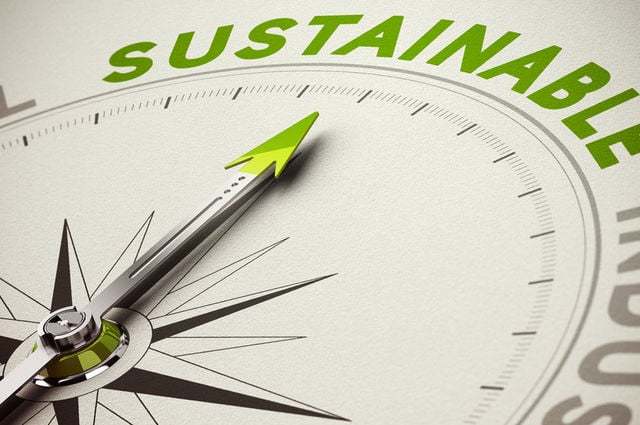When Businesses Need to Cooperate…
0 experts shared their view
Cooperation, collaboration, and partnership have mushroomed in the post COVID-21 business environment perhaps as a response that ‘together we are stronger and more resilient’ and possibly since tackling the global polycrisis means ‘joining forces and resources’ in achieving a common goal. In fact, while cooperation, collaboration and partnership all have a slightly different meaning, all involve the willingness to work together towards a common goal.
The list of prominent examples of cooperation and partnership in the hospitality sector that aim to drive sustainability is long. In principles, we will find four major categories of cooperation that drives sustainability in hospitality:
- Industry-wide sustainability initiatives: This is where we experience cooperation and collaboration between hotels, destination management companies, tourism associations, online travel agencies and suppliers to drive large-scale sustainability initiatives. An example would be the Hotel Sustainability Basics which is driven by the World Travel and Tourism Council (WTTC), recognized as a starting point of the Pathway to Net Positive by the Sustainable Hospitality Alliance, partnered with Green Key and SGS and aligned with some larger existing frameworks such as the Global Sustainable Tourism Council’s (GSTC) hotel criteria, the UNESCO/Expedia Pledge as well as destinations and large hotel groups[1].
- Public-private partnerships: Through incentives such as subsidies and tax break as well as networking and knowledge sharing, collaboration between the public and private sector can help drive and scale up sustainability initiatives in the hospitality industry. For example, The Iberostar hotel group entered into a public-private partnership with the environment secretaries of the Mexican State of Quintana Roo, the Nature Conservancy and the German Agency for International Cooperation (GIZ) to development joint actions on coastal and dunes ecosystem restoration and share the outcomes [2].
- Sustainable tourism networks: Networks can promote sustainable hospitality practices, share knowledge and best practices, and facilitate partnerships. The Sustainable Hospitality Alliance and Travalyst are prime examples.
- Industry training and education: Cooperation between hotels and educational institutions is an essential step in transforming the industry to a more sustainable and resilient future. The partnership between the International Council on Hotel, Restaurant and Institutional Education (ICHRIE) and the Sustainable Hospitality Alliance aiming at the advancement of sustainability in the hospitality industry is an example.
The David Suzuki Foundation, based in Vancouver, Canada, recently asked the question: Why do corporations exist? [3]. The answer, provided by the UK’s national institution for the humanities and social sciences, reads: To produce profitable solutions from the problems of people and planet, and not profiting from creating problems [4]. Industry cooperation can achieve several sustainability outcomes that a single company, with a set of solutions cannot, most notably addressing complex sustainability challenges that require collective action across the industry.
And that’s the power of business cooperation: Systemic Change.
References:
[1] WTTC. (2023, March 05). WTTC launches groundbreaking Hotel Sustainability Basics. https://wttc.org/news-article/wttc-announces-next-stage-of-its-groundbreaking-hotel-sustainability-basics-initiative
[2] Iberostar (2022). A roadmap to improving ocean and coastal health 2022-2030. https://waveofchange.com/wp-content/uploads/2022/06/Iberostar_CoastalHealth_Roadmap.pdf.
[3] Suzuki, D., & Hanington, I (03 February, 2023). Why do corporations exist?. David Suzuki Foundation. https://davidsuzuki.org/story/why-do-corporations-exist/
[4] British Academy (2021). Policy & Practice for Purposeful Business: The final report of the Future of the Corporation programme. p.48. DOI doi.org/10.5871/bafotc/9780856726699.001

